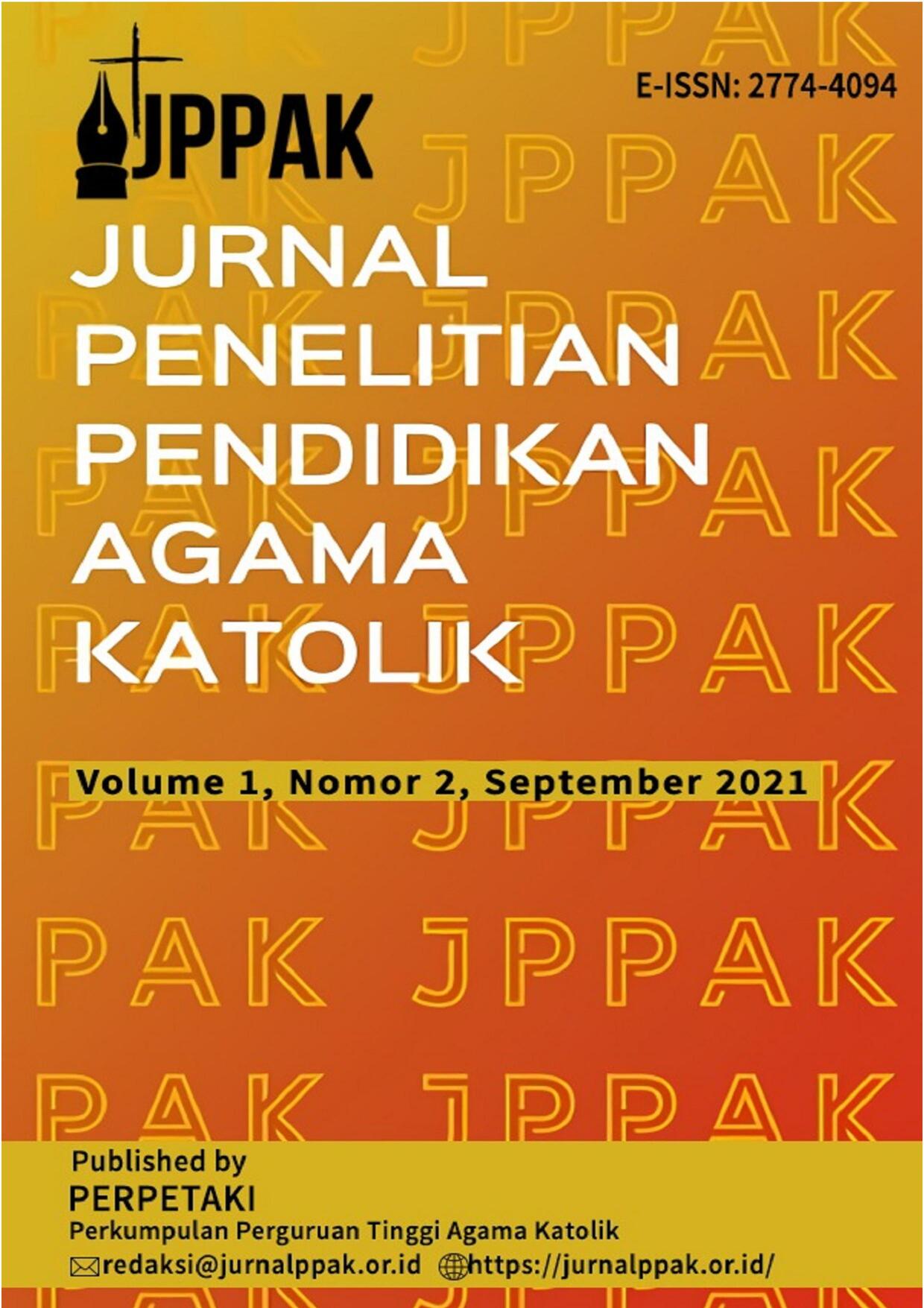The Influencing Factors of the Formation of the Entrepreneurial Spirit in the Student Environment of STPKat Semarang
DOI:
https://doi.org/10.52110/jppak.v1i2.32Keywords:
Entrepreneurial Spirit, Individual Characteristics, Psychology, Contextual, Entrepreneurial AttitudeAbstract
The first purpose of this study is to determine the factors that influence the entrepreneurial spirit of individual, psychological and contextual characteristics. The second goal is to verify the attitude and contextual factors that influence students to form an entrepreneurial spirit. The third research objective is to ascertain what STPKat Semarang students own entrepreneurial characteristics are. The research method used is a descriptive method that describes the current phenomena in STPKat St. Fransiskus Assisi, using a quantitative approach and Likert Analysis Method. Some discoveries in this study are 62% of the factors that form the entrepreneurial spirit come from the demographic characteristics of age and status; 72% come from the traits possessed by a person; 82% come from contextual factors in the form of entrepreneurial training and a strong intention to become a Catholic teacher with business(-es) as second income. Attitude and contextual factors influence self-concept by 73%; in terms of interest in entrepreneurship by 88%. Entrepreneurial traits are shown in self-confidence by 82%; increasing results by 83%; taking risks by 75%; leadership by 83%; 77% originality and 79% future-oriented. Self-confidence, focus-on-results and leadership are entrepreneurial traits found in most of STPKat Santo Fransiskus Asisi Semarang students.
Downloads
##submission.downloads##
Submitted
Accepted
Published
How to Cite
Issue
Section
License
Copyright (c) 2021 Jurnal Penelitian Pendidikan Agama Katolik

This work is licensed under a Creative Commons Attribution 4.0 International License.
Copyright Notice and Permissions
Jurnal Penelitian Pendidikan Agama Katolik offers immediate open access to all its content on the principle to make researches freely available to the public, especially to the scholars, to support greater global exchanges of knowledge. This journal encourages all scholarly authors to allow their research openly available, free access and without time restrictions.
All articles published Open Access will be immediately and permanently free for everyone to read and download. Under the CC BY-SA 4.0 license, authors retain ownership of the copyright for their article, however authors grant others permission to use the content of publications in Jurnal Penelitian Pendidikan Agama Katolik (JPPAK) in whole or in part provided that the original work is properly cited. Users (redistributors) of Jurnal Penelitian Pendidikan Agama Katolik (JPPAK) are required to cite the original source by including at least: the full title of the article, the author's or authors' full name(s), JPPAK as the initial source of publication, year of publication and volume number using a propriate citing method.
Copyright encompasses exclusive rights to reproduce and deliver the article in all form and media, including reprints, photographs, microfilms and any other similar reproductions, as well as translations. The reproduction of any part of this journal, its storage in databases and its transmission by any form or media, such as electronic, electrostatic and mechanical copies, photocopies, recordings, magnetic media is prohibited without consent of Jurnal Penelitian Pendidikan Agama Katolik (JPPAK).
Jurnal Penelitian Pendidikan Agama Katolik (JPPAK) is licensed under a Creative Commons Attribution Share-Alike 4.0 International. (CC BY-SA 4.0)
Authors who publish with Jurnal Penelitian Pendidikan Agama Katolik (JPPAK) agree to the following terms:
- Authors retain copyright and grant the journal right of first publication with the work simultaneously licensed under a Creative Commons Attribution Share-Alike 4.0 International (CC BY-SA 4.0) license that allows others to share the work with an acknowledgement of the work's authorship and initial publication in this journal.
- Authors are able to enter into separate, additional contractual arrangements for the non-exclusive distribution of the journal's published version of the work (e.g., post it to an institutional repository or publish it in a book), with an acknowledgement of its initial publication in this journal.
- Authors are permitted and encouraged to post their work online (e.g., in institutional repositories or on their website) after the publication on JPPAK, as long as it not published on other OJS for it will be treated as plagiarism by plagiarism checker apps. It can lead to productive exchanges, as well as earlier and greater citation of published work (See The Effect of Open Access).












